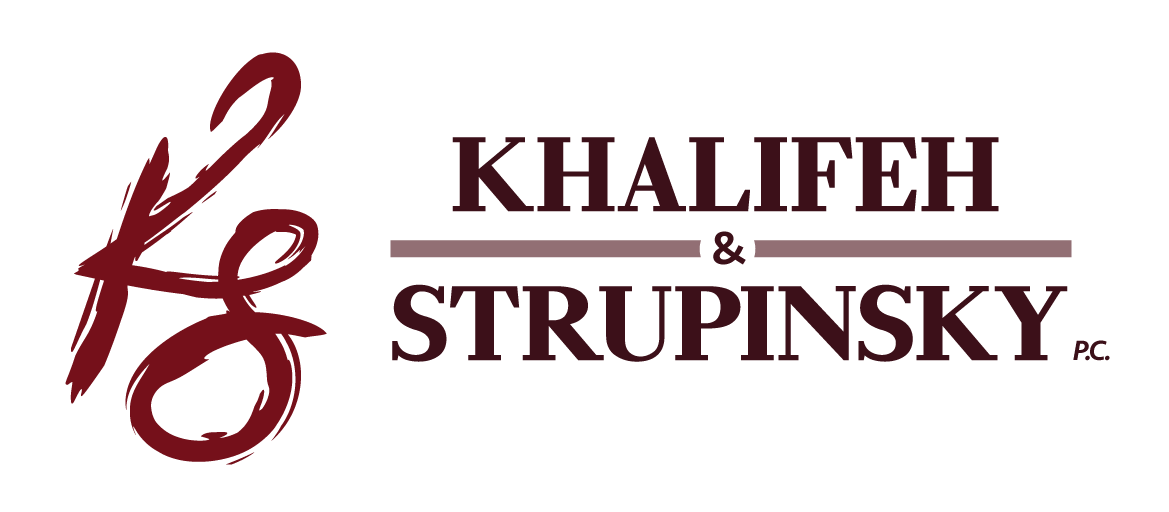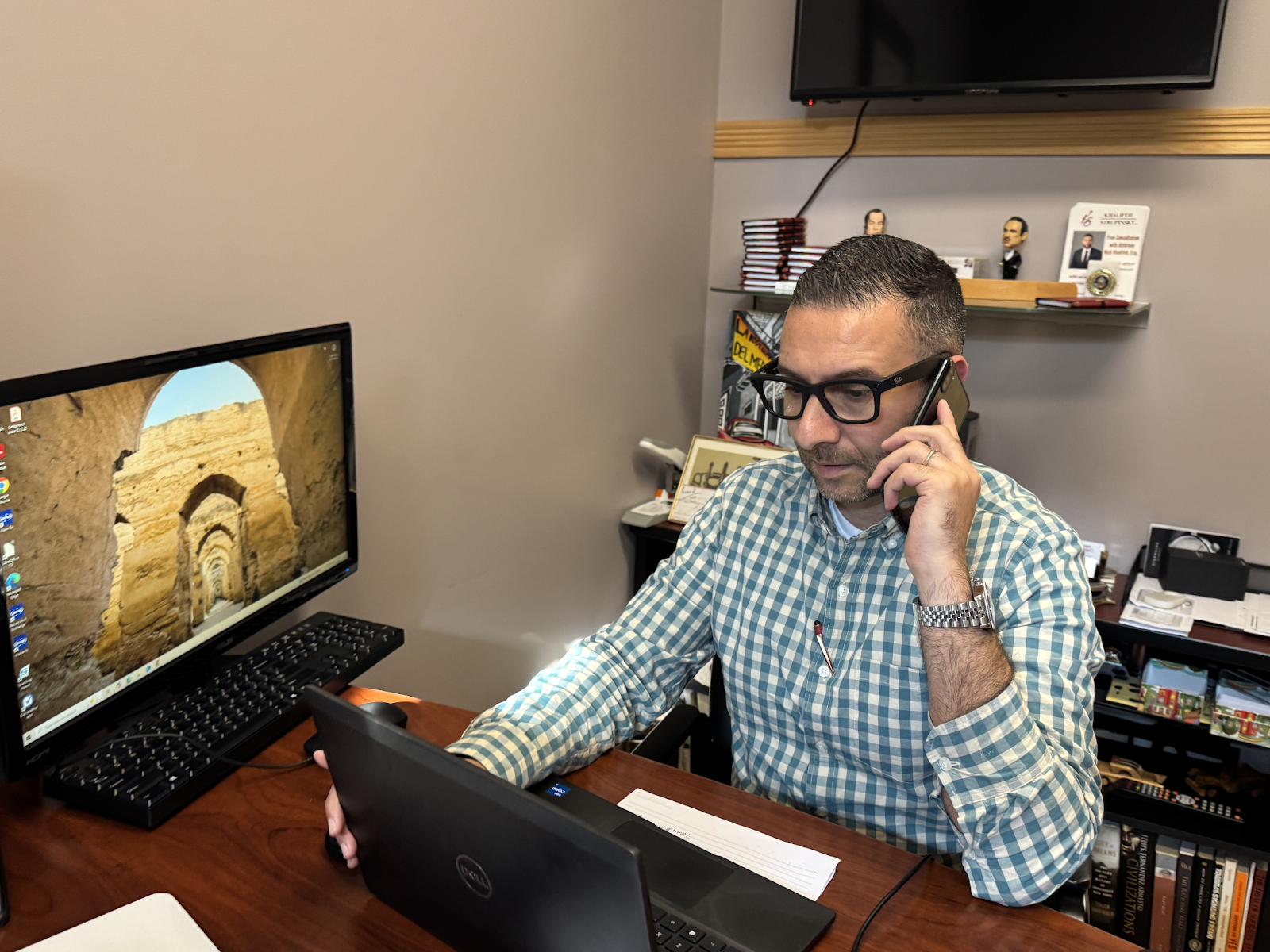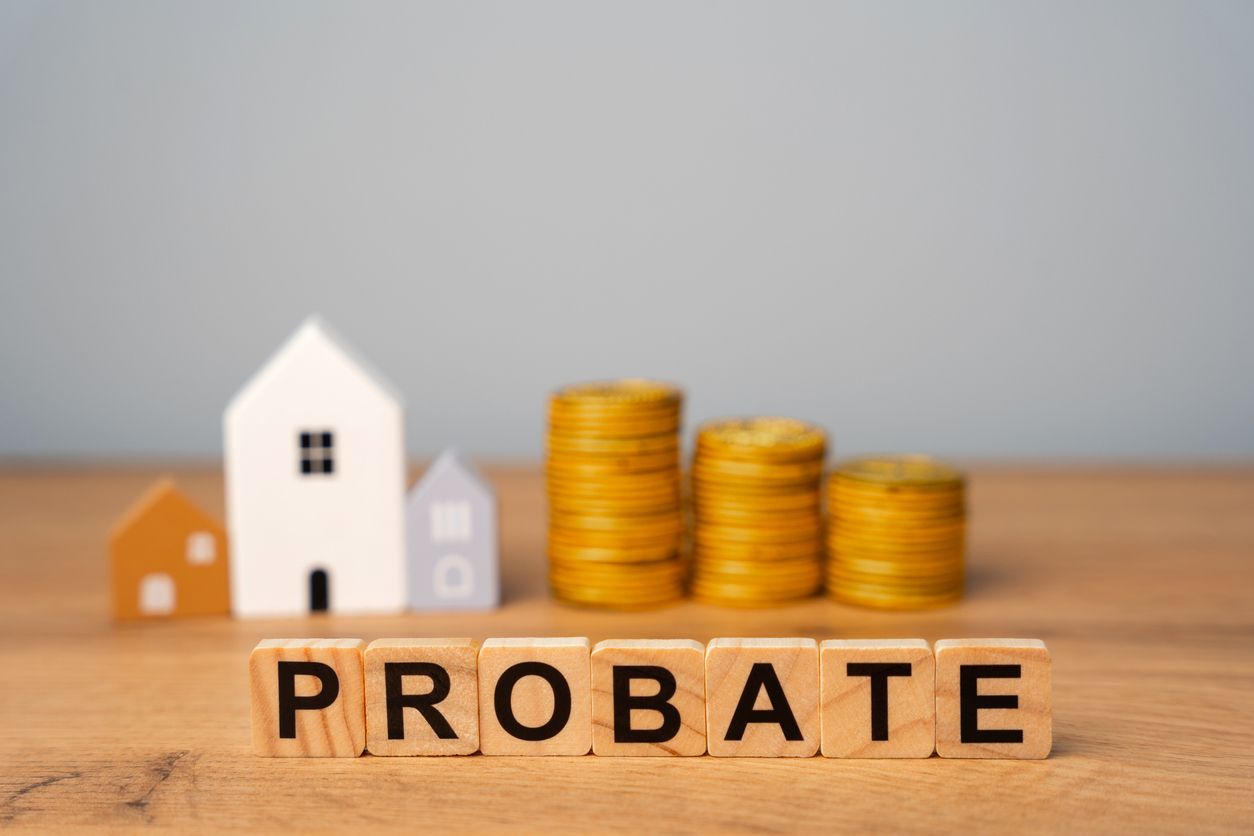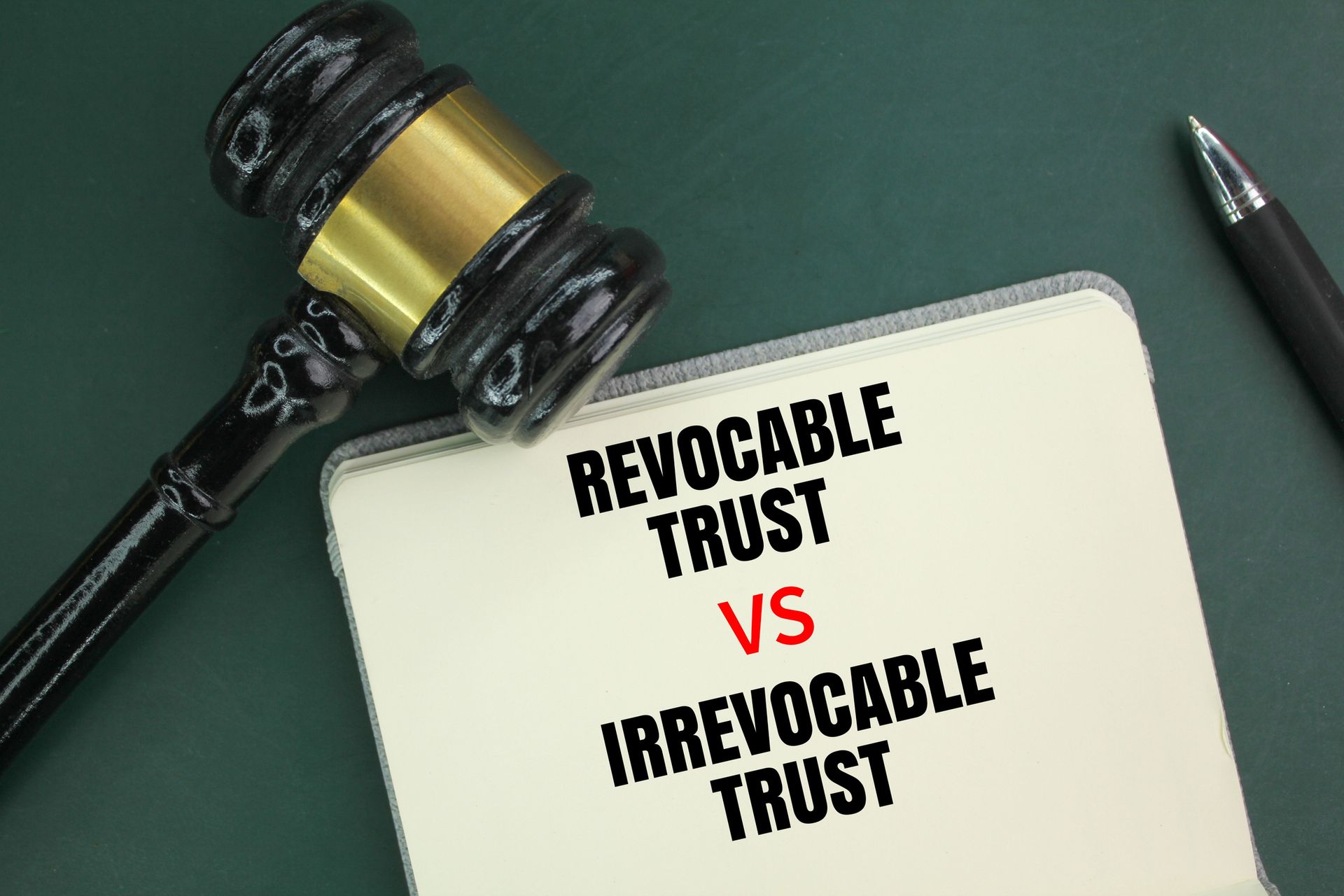Why You Should Do All You Can to Avoid Probate in NYC When Working With a Will
Dealing with the administration of an estate in New York City (NYC) after a loved one passes away can be complex and emotionally taxing—especially when probate becomes necessary. Even with a valid will, the probate process in New York can be long, expensive, and public. That's why many people in NYC and across the state turn to smart estate planning strategies, such as living trusts, to help avoid probate entirely.
If you're considering creating a will or trust in NYC, it's essential to understand the probate process in New York, the challenges it presents, and the legal tools available to protect your assets and your loved ones.
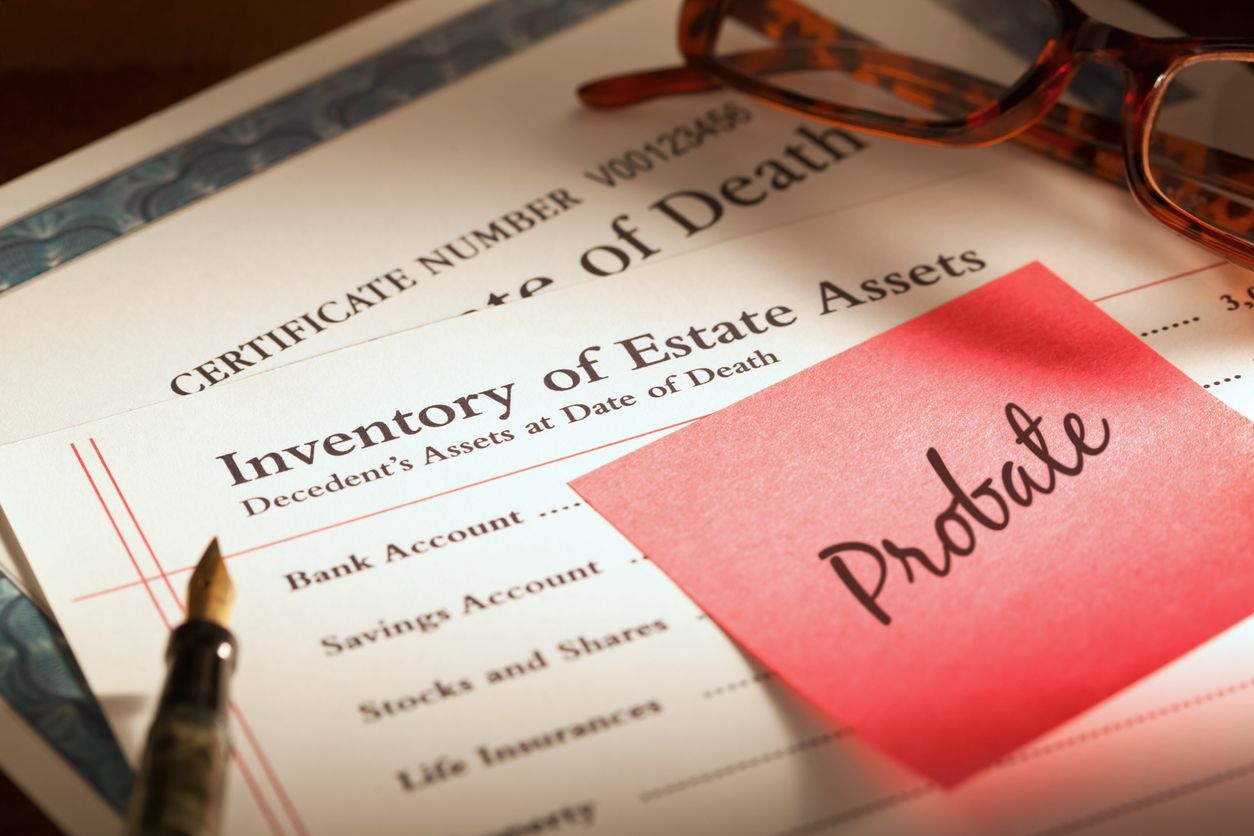
The Downsides of Probate in NYC
In New York, probate is the court-supervised process of validating a will and administering an estate. While it's sometimes necessary, there are several reasons many New Yorkers work to avoid it:
Time Delays
Probate in NYC can take several months to over a year, even for relatively straightforward estates. More complex cases or those involving contested wills can drag on even longer. This can delay the distribution of assets and impose unnecessary stress on grieving families.
Financial Costs
The probate process involves a range of expenses, such as:
- Court filing fees
- Attorney's fees
- Executor's commissions
- Accounting and appraisal costs
These expenses can significantly reduce the value of the estate, leaving less for your beneficiaries.
Lack of Privacy
Probate is a public process. Once a will is filed with the Surrogate's Court in NYC, it becomes part of the public record. This means details about the deceased's assets, debts, and beneficiaries are available for anyone to see—including potential creditors, estranged family members, and even fraudsters.
How to Avoid Probate in New York
There are several estate planning strategies that can help you bypass probate in NYC and streamline the asset transfer process. These methods can also help ensure your wishes are respected and your loved ones are protected.
1. Revocable Living Trusts
Creating a revocable living trust is one of the most effective ways to avoid probate in New York. When you place your assets into a trust, you continue to manage them during your lifetime, but upon your death, they are distributed directly to your beneficiaries without going through probate.
Benefits:
- Avoids probate delays and costs
- Maintains privacy (trusts are not filed publicly)
- Allows for faster asset distribution
✅ Important: Assets must be properly titled in the name of the trust for it to be effective.
2. Joint Ownership with Right of Survivorship
In NYC, assets such as real estate or bank accounts can be held jointly with rights of survivorship. When one owner passes away, the surviving owner automatically receives full ownership—without the need for probate.
Types of ownership that avoid probate:
- Joint tenancy with right of survivorship
- Tenancy by the entirety (for married couples)
⚠️ Note: "Tenancy in common" does not avoid probate and is often misunderstood.
3. Payable-on-Death (POD) and Transfer-on-Death (TOD) Designations
Certain accounts and assets allow for beneficiary designations that take effect upon your death. These include:
- Bank accounts (POD)
- Investment and brokerage accounts (TOD)
- Retirement accounts
- Life insurance policies
With proper designations, these assets pass directly to the named beneficiaries without going through probate.
4. New York's Small Estate (Voluntary Administration) Procedure
If the value of an estate's personal property is $50,000 or less, New York offers a simplified probate alternative known as voluntary administration. This is often referred to as the small estate procedure.
Key points:
- Only applies to personal property (not most real estate)
- Does not apply if the estate includes solely held real property (except certain co-ops)
- A faster, less expensive alternative to full probate
This can be a good option for individuals with modest estates or those who have taken steps to minimize probate assets through trusts and beneficiary planning.
Why Estate Planning in NYC Should Focus on Avoiding Probate
Avoiding probate in NYC isn't just about convenience—it's about preserving your legacy, protecting your privacy, and relieving stress for your loved ones. With the right planning tools, including wills, trusts, and proper asset titling, you can ensure that your wishes are honored and your family is supported after you're gone.
Working with a knowledgeable New York estate planning attorney ensures that your strategy is tailored to your unique situation and compliant with New York law.
Conclusion
The probate process in New York City and across the state can present serious challenges—from delays and costs to public exposure of your financial affairs. However, through effective estate planning tools like revocable trusts, joint ownership, and beneficiary designations, many of these challenges can be avoided.
By planning now, you can take control of your legacy and provide peace of mind for your loved ones in the future.
Speak with a NYC Estate Planning Attorney at Khalifeh & Strupinsky, P.C.
At Khalifeh & Strupinsky, P.C., we help individuals and families throughout NYC and New York State create strong estate plans that protect what matters most. Whether you need assistance with drafting a will, setting up a trust, or learning how to avoid probate, our attorneys are here to help.
📞 Call us at 917-717-5007 or 💬 Fill out our online form to schedule a consultation.
Let us help you secure your legacy with a customized estate plan built for life in NYC.



